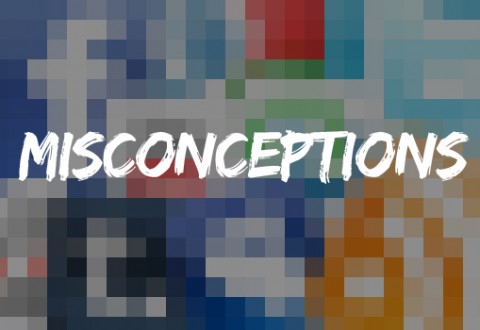- “Bullying is ok because it is natural. Kids just have to develop coping mechanisms and learn to toughen up” – Actually, medical evidence shows that bullying results, in an important percentage of cases, in permanent and severe PTSD. The neuro-physiological effects of chronic life-stressors, especially abuse in early childhood, are being increasingly studied and revealed. Before expressing an opinion where there is real, well studied, scientific evidence, ponder on the nature of your action. Isn’t it a bit arrogant to just blurt out your “thoughts” on something serious research organizations are putting money, manpower and commitment to understand?
- “Suicide is a result of weakness, whether temporary or permanent. Be strong and brave! Don’t kill yourself”. Again, none of the suicide demographic waves is associated with whatever one can define as weakness. The major suicide waves in the curve are associated to psychiatric conditions that have absolutely nothing to do with strength or weakness. They may have a genetic component or may be entirely induced by the environment. “The environment” is processed in unique form by each individual. Those who claim “but I’ve been under the same circumstances and…” are, again, choosing to disregard all the medical research on the subject and act based solely on their moral principles. Which, I am sorry to stress out, has been proven not to help those at suicide-risk. Would you try to help someone having a heart attack? Of course not: you would wait for the first responders, usually firemen trained for that. Helping people attempting suicide is no different. If all you have in your mind is prejudice and pre-analytical ideas, call 911 or a hotline. Don’t interfere.
- “Fat people are lazy”. Actually, epidemiological studies show there is strong correlation between obesity, poverty and education. There is an inverse correlation between caloric density and price in food. The diets of people who live under the poverty line is usually calorie-dense and nutrient-poor. Of the macro-nutrients, the most expensive, pound per pound, is protein. Also, adults living under the poverty line are educationally deprived. Thousands of studies about the process of decision-making show it is definitely correlated to the quality and quantity of information related to the item to be decided on. So, obese people are, statistically speaking, poor and uneducated. Of course there are choices and we all make at least one choice in life against risk. But we do so consciously: we choose a lifestyle that implies known risks. Most obese patients have never made this choice. Not only the risks were unknown to them, but sometimes the options actually didn’t exist.
Bottom line: 1. ethics and morals are extremely important. So is emotion. As all things that are extremely important, they should be used wisely and sparingly; 2. Information is the best foundation for opinion and decision-making. Before manifesting judgement, it is wise to check the known facts about the subject.

